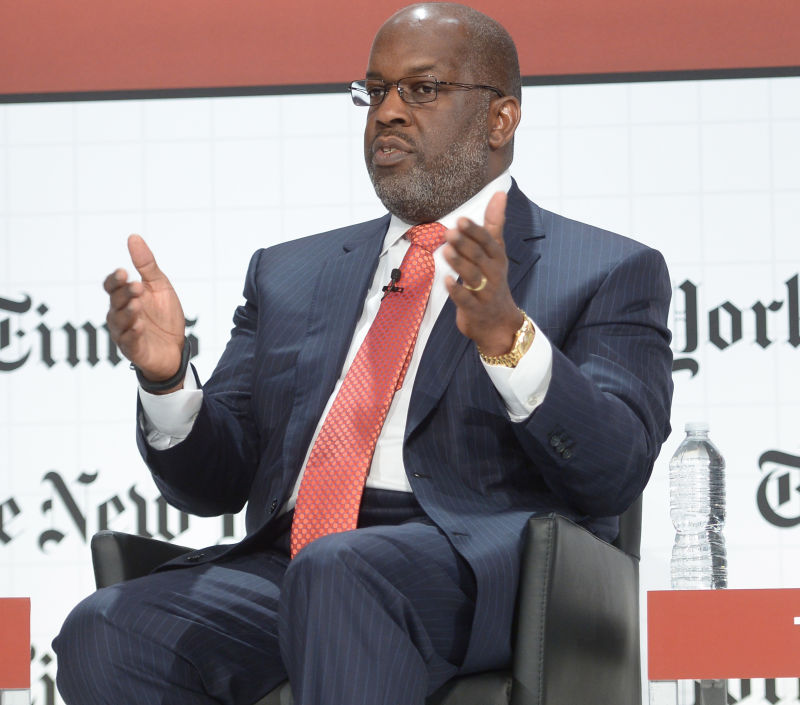"We now want to take all of our learnings and understanding of how to care for population and individuals and teach it more upstream for the future physicians of the 21st century," Tyson said.
Kaiser says it is committed to attracting a diverse pool of students "to better reflect the communities we serve," said Dr. Edward Ellison, executive director of the Southern California Permanente Medical Group. "We've been able successfully to move, not completely, to closing the care gaps in health disequities for different populations, ... and we see that type of work in informing the medical students and how we educate them."
In a major analysis last year, Kaiser was cited as closing the race gap in managing heart disease and diabetes, diseases which account for much of the reason African Americans have shorter life expectancies than caucasians.
The HMO has long been involved in medical education, but at the residency level, training more than 600 residents every year.
Kaiser's move is unusual. The nation's 145 medical schools are mostly affiliated with universities, although the Mayo Medical School campus operates within the Mayo Clinic in Rochester, Minnesota.
"There are precedents, but this will be different," John Prescott, chief academic officer with the American Association of Medical Colleges, said of Kaiser's new school. "It's an integrated health care system that's looking at developing a medical school. I think there will be some surprises as the school unfolds."
Prescott said the school will need to be accredited and that process could take several years. Twenty new medical schools have opened in the U.S. since 2002, he said, and many of them feature "innovative models," he said.
Still, building a new medical school is "fraught with risk," said John Deane, president of Advisory Board Consulting and Management. He said it could be a "huge waste of money" if Kaiser were to replicate the existing model of specialty-focused academic medical centers.
"On the other hand," he said, "they have an opportunity to do this in a new and different way that could be a form of disruptive innovation that could become a new standard for teaching doctors."
Tyson and Ellison both seemed focused on innovation as opposed to status quo.
"We are excited to be on the frontier of creating a new medical school and thinking about how do we transform a medical education to meet the transformative needs of health care in this country, today, and into the future."
"I'm as interested and motivated and part of the sponsorship of this 21st century new medical school if I were a physician myself," Tyson said.
